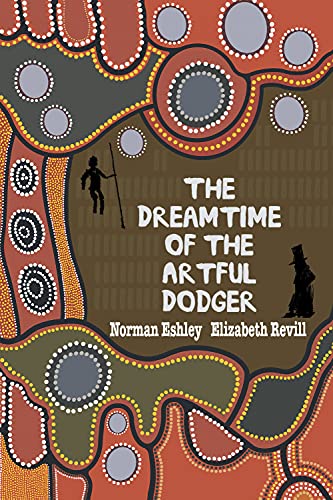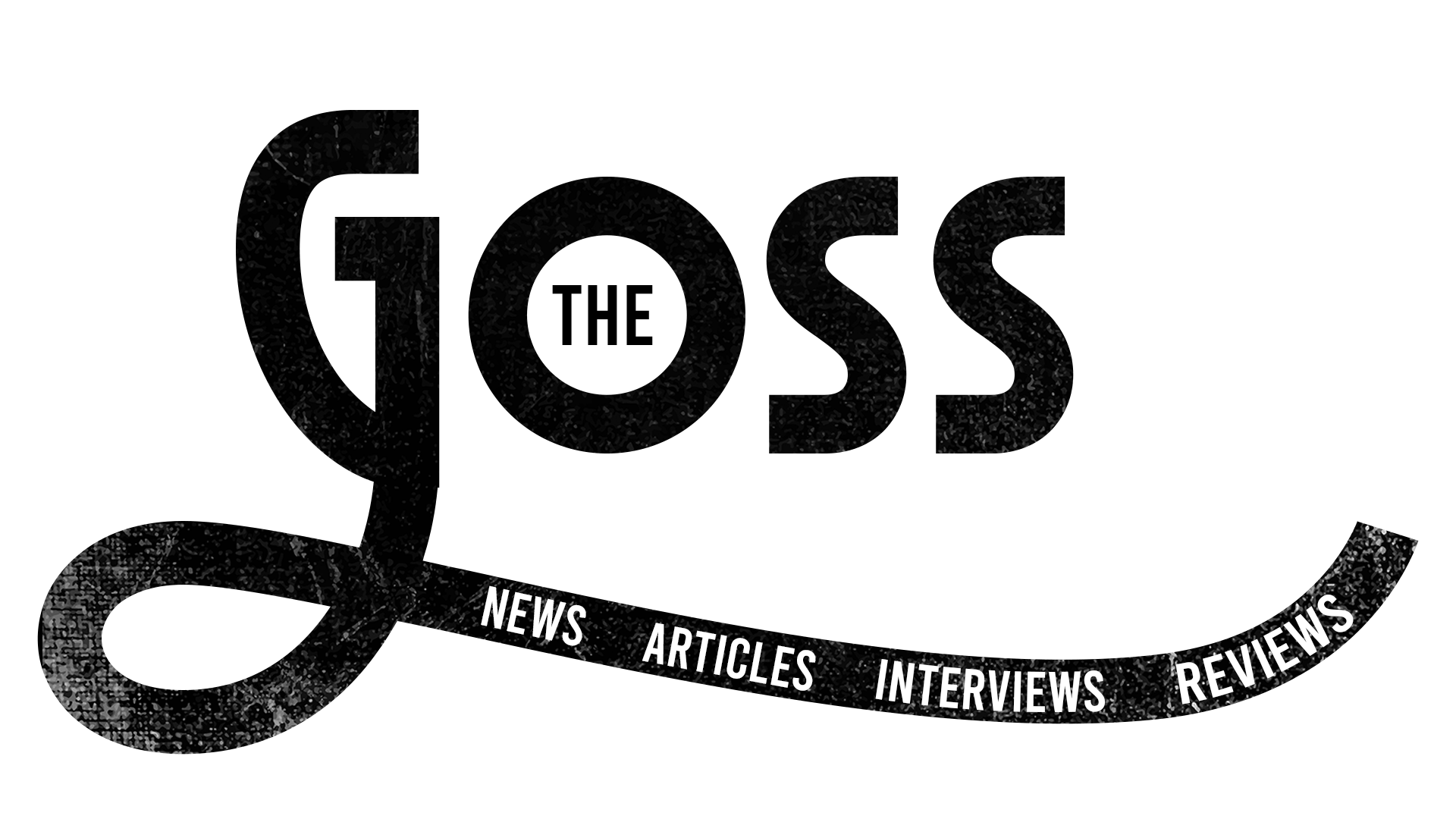
We talked to the actor we all love and recognise from decades of TV shows and films about his new book – The Dreamtime of The Artful Dodger – which as its own synopsis states is a follow up to the beloved Dickens classic Oliver Twist
“Oliver Twist has been rescued and is safe and well. Bill Sikes is dead. Fagin is in prison under sentence of death by hanging. His gang of pickpockets and thieves has been disbanded. One of the gang, Jack Dawkins, is in Newgate prison awaiting transportation to Australia. His crime? Theft of a silver snuffbox. What happens to him is the story of a young man trying his best to survive in the harshest of worlds. How does he fare? It is not for nothing that Jack Dawkins is known as the Artful Dodger!”
—
So Norman , you’re probably best known to most people as an outstanding actor on TV and the big screen, so what made you want to write your new book?
Things changed for me when I had a very serious car crash in France in 1994. I could no longer remember lines and I was lucky to have survived. That was the end of my stage career.
I mooched around for years and did nothing creative. I cared for my mother and drank too much.
Then I met a very special person and later married her. Rachel and I moved to Tewkesbury and one day I simply thought “I wonder what happened to the Artful Dodger?”.
Can you tell us how you came to write your new book – The dream time of the artful dodger – what was the inspiration for it?
After having that thought, I found that he was transported to Australia for stealing a silver snuff box. I started doing research and was horrified by the things I discovered. The treatment of the prisoners was dreadful, but even worse was the treatment of the Aboriginals. The book was originally written as a film script but on the advice of David Parfitt, the producer of “Shakespeare in Love”, I turned it into a book.
You co-wrote the book with Elizabeth Revill, how did that come about and how did it work between you?
I had met Elizabeth Revill at the funeral of my best friend, Douglas Fielding, and I knew that she had liked the script. We started the book using emails and our ‘phones and it took about a year to finish. Liz went further into the treatment and customs of the Aboriginals and turned my sow’s ear into a silk purse.
Did you use anything which has happened to you in your life as any basis for the book? Obviously you have lived a very different life to the dodger but did you put a bit of him in your books character?
Putting a famous fictional character into real situations was fascinating and because of the research it almost wrote itself. As you know “Dreamtime” is the Aboriginal word for life, hence the title, so who knows!
How did you become an actor, and was it something you always wanted to do from an early age as some people do, or was it something that you grew into?
I had no idea what I wanted to be when I left school but was fortunate enough to have an English teacher who saw something in me and encouraged it. He put me in the school plays, gave me audition papers for The National Youth Theatre, for which I was accepted, and then started a Bristol Youth Theatre and cast me in the lead. He invited the head of the Bristol Old Vic theatre school to a performance, and I was offered a scholarship there.
How did you get your early acting roles, what was the process then before more widespread tv, let alone YouTube, and social media, for example did you go to drama school?
I loved my time at the BOVTS and got an agent whilst there. At the end of the course, I was asked to join the Old Vic company to tour the USA doing three Shakespeare plays.
If we can delve back a bit into your career we would love to know for example what it was like being directed by the legend Orson Welles for your first big screen role and how did that come about?
My agent sent me to London for an audition which I did. I had no idea what it was for but on returning to Bristol I had a call from my agent the like of which must be beyond any actor’s dream. “Orson Welles wants to see you in Madrid”. The company released me and I flew, for the first time, to Madrid. I met the great man and was told that I had the job. What job? A few days later a script arrived and it was a film called “The Immortal Story”. There were 4 of us in it. Orson, Jeanne Moreau, Roget Coggio and me! Again, I was released from my contract and off I went to film in France and Spain. My first day’s professional work was in bed with Jeanne Moreau and directed by Orson Welles. He was a larger-than-life character but very kind to me. I still find it difficult to say Orson as I always called him Mr Welles.
What happened after that film?
I then went back to re-join the Old Vic and off we went to the states. It was a 5 month tour including 3 weeks on Broadway. Then a further 2 months touring Europe and Israel. I was twenty-two when we finished and four of us moved to Maida Vale in London where our rent was £5 a week!
When you started playing roles in tv shows such as Randall and Hopkirk, and Department S amongst others, did you think that you would then become more known for your comedic roles in such classic tv sitcoms such as George and Mildred?
Television then started and my first play was “Love Story” with Gabrielle Drake. Work kept coming in and I was very lucky. I did a play by Robert Bolt at Chichester which transferred to the West End and the day following the opening night I had another memorable conversation. I was called to see a film director, Richard Fleischer who said “Norman, I caught your show last night. How would you like to be in a film opposite Mia Farrow?”. And so, it came about that I made a film with Mia called “Blind Terror”. I was given a 3-picture deal with Columbia which all depended on the reviews from the States. The best one said “The most attractive thing in this film are the horses”. End of film deal.
Your acting cv reads like the a-z of classic British tv shows, from parts in ten’s, and ten’s of shows, mentioning just a few; The Sweeny, The Duchess of Duke Street, Secret Army, Minder, The Ruth Rendell mysteries, Return of the Saint, The Professionals, Cadfael, one foot in the grave, goodnight sweetheart, the bill, new tricks and so many more. To conclude how would you sum up?
I did a lot of theatre comedy. “Twelfth Night” with Vanessa Redgrave was one and when I was asked, by Thames to do an episode of “Man About the House” I was delighted. More followed and then I was asked to be in “George and Mildred”. I loved the variety of it all. I was doing “I Claudius” for the BBC at the same time.
To conclude I have had a fantastic life and the creative process of writing has given me the most pleasure, professionally, that is.
I am blessed to have met and married Rachel!
Thanks for sharing your time with us Norman, and we can’t recommend your book enough – it already has over 50 5-star reviews on Amazon alone!
Readers can find it on all good online bookstores, and retailers such as Amazon in paperback, hardback, and eBook –

What an uplifting interview. So sad that Norman isn’t able to act anymore but it’s wonderful that he has found another avenue for his talent. A life well lived and hopefully many years to go!
Thanks David